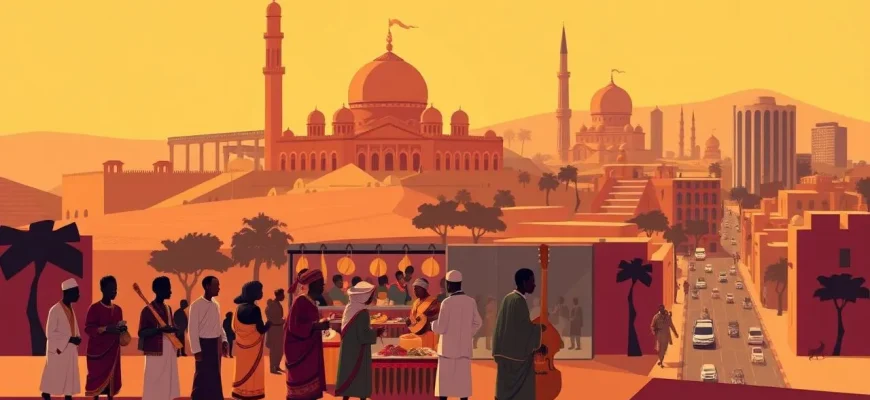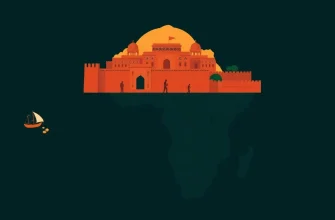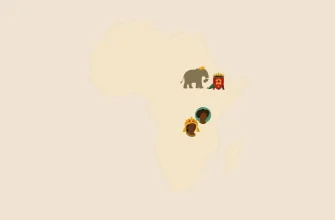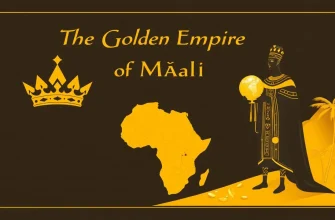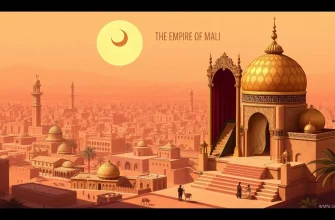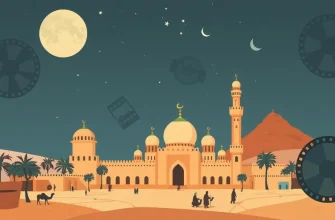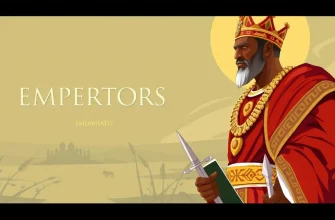Mali, with its rich history and vibrant culture, has inspired filmmakers to capture its essence on screen. This curated selection of films delves into the heart of Malian culture, from ancient empires to modern-day stories, providing viewers with a unique window into the traditions, struggles, and triumphs of this West African nation. Whether you're a history buff or simply love cultural narratives, these films offer an engaging journey through Mali's past and present.

Timbuktu (2014)
Description: This film explores the impact of jihadist occupation on the city of Timbuktu, showcasing the clash between traditional Malian culture and extremist ideologies. It provides a poignant look at how art, music, and daily life are affected by external forces.
Fact: The film was nominated for Best Foreign Language Film at the 87th Academy Awards, and it was Mauritania's first-ever submission to the Oscars.
 Watch Now
Watch Now 
The River of Gold (2016)
Description: This documentary traces the history of gold mining in Mali, from ancient times to the present, highlighting its cultural and economic significance to the nation.
Fact: It features interviews with local miners and historians, offering firsthand accounts of the gold trade's impact on Mali.
 Watch Now
Watch Now 
Faro, Goddess of the Waters (2007)
Description: This film delves into the spiritual and cultural practices of the Bambara people of Mali, focusing on the myth of Faro, the goddess of water, and her influence on the community's life and rituals.
Fact: The film was directed by Salif Traoré, who is known for his work in exploring African myths and folklore.
 30 Days Free
30 Days Free 
The Wind of the Sahel (2008)
Description: Set in the Sahel region of Mali, this film tells the story of a young man's journey to find his place in a changing world, reflecting on themes of migration, tradition, and modernity in Malian society.
Fact: The film was shot entirely in the Malian countryside, providing authentic visuals of the Sahel landscape.
 30 Days Free
30 Days Free 
The Golden Age of Mali (2012)
Description: This documentary explores the rise and fall of the Mali Empire, focusing on the reign of Mansa Musa, one of the richest men in history, and his impact on the spread of Islam and trade in West Africa.
Fact: The film includes reenactments of historical events, providing a vivid portrayal of the era.
 30 Days Free
30 Days Free 
The Return of the Djinn (2010)
Description: A mystical tale set in Mali, this film follows a young boy's encounter with a Djinn, exploring themes of folklore, magic, and the supernatural in Malian culture.
Fact: The film uses traditional Malian music and storytelling techniques to enhance its mystical atmosphere.
 30 Days Free
30 Days Free 
The Mask of the King (2013)
Description: This film centers on the traditional Dogon mask dance, exploring the cultural significance of masks in Malian society and their role in rituals and storytelling.
Fact: The film was shot during the annual Dama festival, capturing authentic cultural practices.
 30 Days Free
30 Days Free 
The Song of the Griot (2009)
Description: A narrative film that follows a griot, a traditional West African storyteller, as he passes on the oral history of his people, showcasing the importance of oral tradition in Malian culture.
Fact: The film features real-life griots, adding authenticity to the storytelling.
 30 Days Free
30 Days Free 
The Last Caravan (2015)
Description: This film captures the journey of a salt caravan across the Sahara, a tradition that has been part of Malian culture for centuries, highlighting the challenges and beauty of this ancient trade route.
Fact: The film was shot over several months to document the entire journey of the caravan.
 30 Days Free
30 Days Free 
The Desert of the Lion (2018)
Description: Set against the backdrop of the Malian desert, this film tells the story of a lion hunter and his quest, reflecting on themes of courage, tradition, and the relationship between humans and nature in Malian folklore.
Fact: The film uses real lions, trained by local experts, to ensure authenticity in the portrayal of the hunt.
 30 Days Free
30 Days Free 
